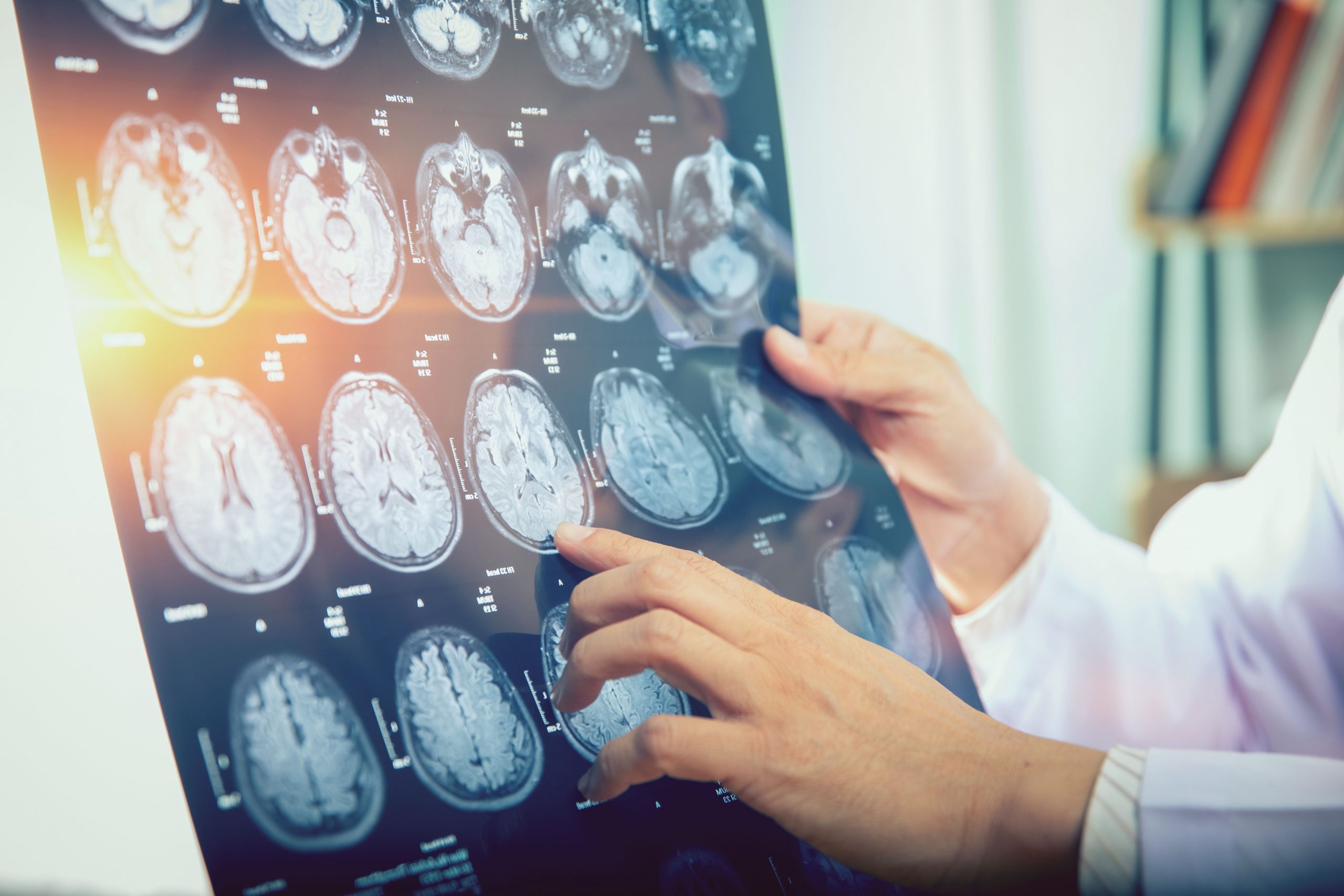Even though the UAE was the world’s second country to approve the first drug for the treating Alzheimer’s disease, experts say that adopting a healthy lifestyle aimed at prevention is still the best approach.
The UAE approved the registration and use of Biogen’s Aduhelm (aducanumab) in October, and it is the first and only drug for the treatment of early stages of Alzheimer’s disease.
Dr Amin Abdullah, specialist neurologist at Medcare Hospital, Al Safa said the evidence shows that lifestyle changes cut the risk of dementia and Alzheimer’s disease considerably.
“Doing regular physical activity is one of the best ways to reduce your risk of dementia,” he explained. “It’s good for your heart, circulation, weight and mental wellbeing. Each day you should aim for 30 minutes of exercise.”
Research also suggests that lifestyle modifications may help to improve cognition in older adults experiencing cognitive decline, and reduce the risk of Alzheimer’s disease. In the study published in the Journal of the American Geriatrics Society, 119 individuals older than 65 years of age who were experiencing cognitive decline received an eight-week education program covering topics such as lifestyle risk factors for Alzheimer’s disease, Mediterranean diet, physical activity and cognitive engagement.
The study found that after six months of follow up, the intervention lowered participants’ exposure to risk factors for dementia, and improve cognition, when compared to the control group. The results suggest that lifestyle-based changes involving diet, exercise and brain training may modify the course of cognitive decline and reduce the risk of developing Alzheimer’s disease.
Healthy and balanced diet may reduce the risk of dementia, according to Dr Abdullah.
“Eat fruits, vegetables, fish, eggs and meat at least twice a week. It’s important you limit your sugar intake and hidden salt. Also, make sure you drink 6 to 8 glasses of water each day.”
Most importantly, he said, is awareness of the harm smoking does to the circulation of blood around the body, including the blood vessels in the brain, as well as the heart and lungs.
According to Dr Abdullah, though a change in diet and exercise can’t ensure that people will escape some form of mental decline as they get older, multiple studies show that diet and exercise can decrease the chances of Alzheimer’s.
“My suggestion is to make as many healthy lifestyle choices as you can,” he said. “Exercise every day and eat healthy.”
As for other tips on how to further reduce risk, Azheimer’s UK recommends exercising the mind through learning a language, reading challenging books or writing (fiction or non-fiction); studying for a qualification or course, or just for fun; learning a new language, doing puzzles, crosswords or quizzes and playing card games or board games. Volunteering, or joining a club or community group are also good ways to stay socially active.
Talking and communicating with other people may also help to reduce the risk of dementia. Make an effort to keep in touch with the people who are important to you, such as friends and family.
Mental decline may happen despite maintaining a healthy lifestyle, and in that case the medicine may help.
However, health experts in Dubai say that there are still many unknowns about the eligibility, cost, insurance and patient monitoring requirements for the drug, which costs a whopping US$56,000 per person per year.
Aduhelm, which was involved in two phase three clinical trials, is prescribed to patients with early stages of Alzheimer’s disease, which means they are showing mild cognitive impairment and dementia, and it works by reducing amyloid beta plaques, which are pieces of protein that clump together in the brain.
Dr Preeti Sahota, consultant neurophysician at Prime Hospital in Dubai, said that despite approval by the Food and Drug Authority (FDA) in the US, it’s not a wonder drug. She also said that the drug has been given accelerated approval by FDA, which means that further trials of the drug’s on the safety and effectiveness will conducted after it is on the market.
There are other limitations too. Because it has been studied in trials in patients with mild cognitive impairment or mild dementia stage of the disease, “clearly patients who already have significant problems with memory and thinking are not candidates”, said Dr Preeti.
She also said that patient selection for Aduhelm will be stringent and based on clinical scores used to select patients in its clinical trials. Those clinically eligible will need to undergo advanced imaging tests like MRI and amyloid PET to detect amyloid plaques in brain against which this drug works.
“Those who already have significant microbleeds in the brain or other co-morbid diseases are not likely to be candidates for the drug, as we do not have much data of its use in these patients,” she said. “Furthermore, this drug needs to be given as intravenous injection and will need close patient monitoring for side effects and follow up brain scans.”
Noted side effects of Aduhelm include headache, dizziness, diarrhea, confusion and falls, allergic reactions or potentially dangerous swelling and bleeding in the brain.
The Emirates Health Service (EHS) is committed to providing therapeutic and psychological services to people with Alzheimer’s disease, especially for the high-risk groups of 65 years old.
“These services include specialized clinics, providing a supportive and stimulating environment for patients, and community rehabilitation,” said Dr Mohammed Salim Al Olama, undersecretary and chairman of the board of directors for the EHS.
Dr Amin Hussein Al Amiri, assistant undersecretary for the Health Regulatory Sector, said the ministry is communicating with international companies for medicine and medical supplies to learn about the latest medical innovations, even if they are still under clinical study, to bring them to the UAE as soon as they have been approved by the FDA.






